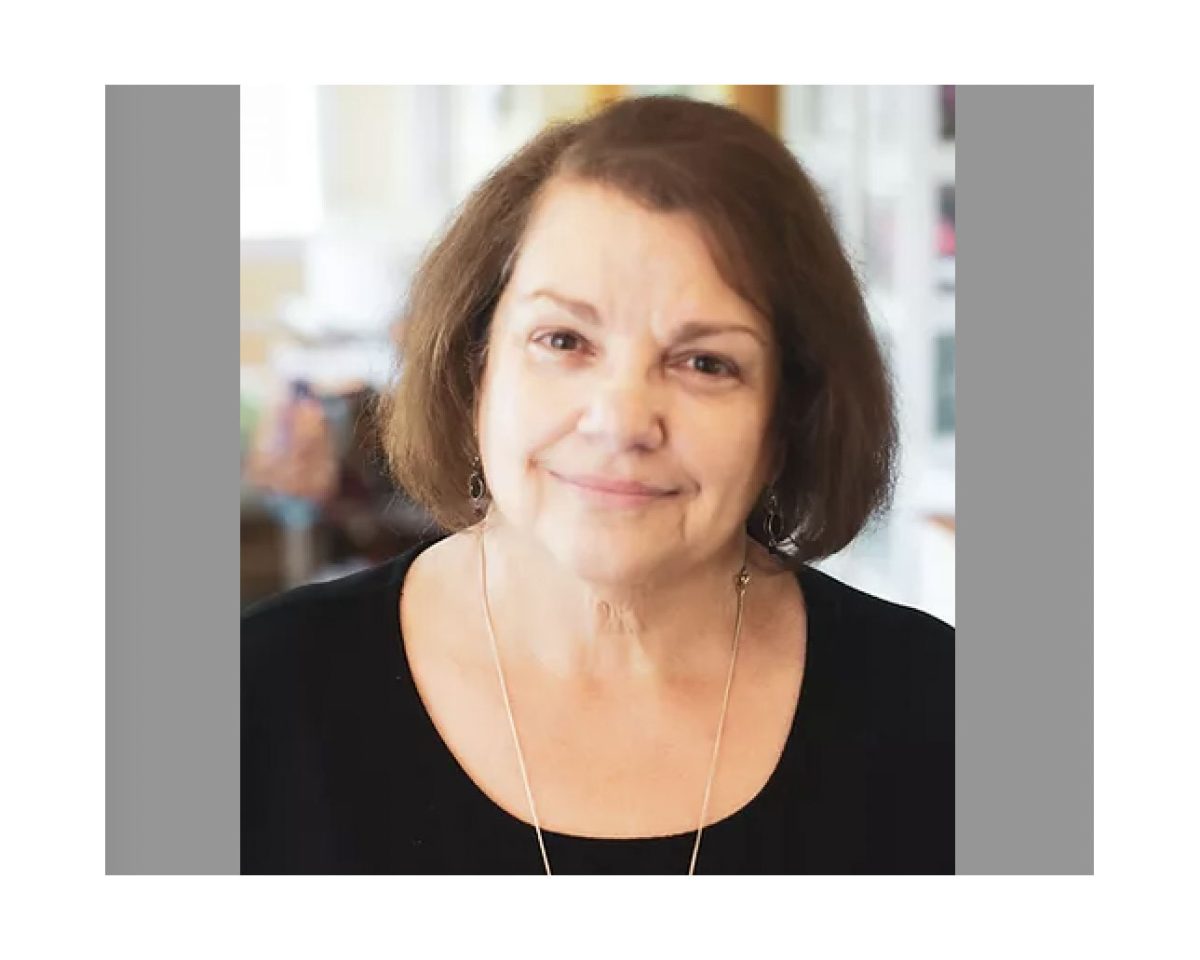Anti-abortion activists add resources after Supreme Court abortion decision
June 30, 2022
Oxford anti-abortion activists saw last week’s Supreme Court decision asserting that American women do not have a constitutional right to abortion as a call for greater action.
“I was so thankful that we got affirmation from the Supreme Court that all life matters,” said Treena Newcomer, director of Oxford Women’s Care Center, a faith-based organization that discourages pregnant women from choosing abortion.
“We have worked on hiring more staff and to up our resources. We are also creating two new websites; one donor-orientated and one for the people who are abortion-minded,” she said. “We are transitioning to a more subtle and neutral look so these women do not feel intimidated when they come in.”
Following the Supreme Court decision to overturn Roe v. Wade, Ohio Governor Mike DeWine swiftly signed an executive order banning abortion in Ohio after five or six weeks’ gestation, when a fetal heartbeat is detectable. The “heartbeat bill” was passed by the legislature in 2019, but its implementation had been blocked by a federal judge.
“Many would have been lackadaisical on this, but because we elected strong pro-life leaders, thousands of lives are protected from abortion starting this very moment,” said Elizabeth Whitmarsh, communications director of Ohio Right to Life. “Our attorney general and governor saw an opportunity to save lives and they immediately got it done. This is true leadership and should be a model for how we move forward.”
Ohio’s bill offers no exception for pregnancies resulting from rape or incest. Right to Life does not have a formal response regarding those incidents, said Oxford chapter president Patty Newman.
“We go back to a life is a life, but it is horrific that people have to deal with events like rape or incest, but it is still a life,” Newman said. “We can’t turn a blind eye to mom, but we also have to validate the life inside of her,” she said.
Customers also appear to be stocking up on emergency contraception like Plan B, which can still be found at local drug stores and pharmacies. Companies like Amazon, Rite Aid and CVS have taken steps to limit purchases on popular contraceptives to prevent shortages.
“To ensure equitable access and consistent supply on the shelves, we’ve implemented this temporary purchase limit of three on these products,” CVS Health spokesman Ethan Slavin said in a statement.
Oxford Right to Life plans to increase its presence and step up educational efforts about potential downsides of using emergency contraceptives, Newman said.
“We are concerned about mothers being injured when taking drugs or undergoing an abortion,” she said. “We are for life at every level, including conception. Life begins and grows in the womb – it is a sacred place. So anything that would void the opportunity [for] life we counsel against.”















